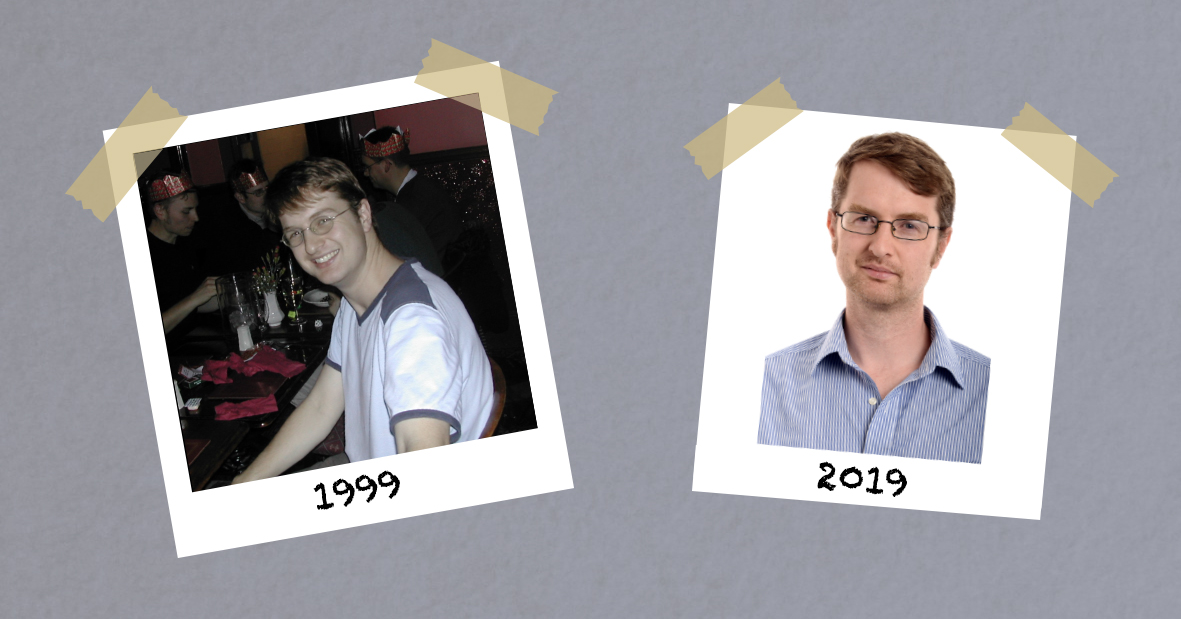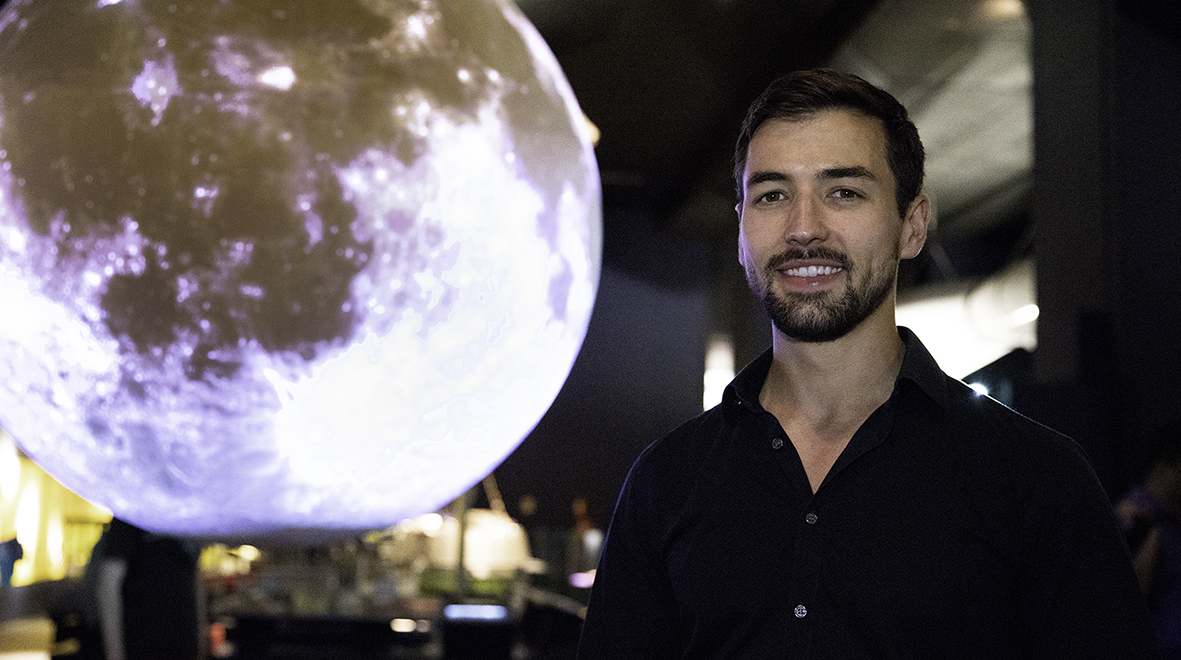
Marking 20 years since Dr John Tregoning arrived at Imperial College London as a PhD student, he reflects on what he’s learnt over his career to date.
On 1 October 1999, I walked out of South Kensington tube station, fresh-faced and ready to start my PhD. 20 years later as I walk out of the same tube station to the same campus of the same university (still fresh-faced I like to think), the question is, have I learnt anything?
Spoiler alert – the answer is yes, but a guarded yes, from a staggeringly low starting point, like Marianas Trench low. Some of what I have learned is fairly niche and only useful if you work in a biomedical lab – like how to open a tightly screwed plastic tube with one hand whilst avoiding infecting yourself with influenza, some are a bit more generally applicable to having a career in science, especially if you are or want to run your own research group, and some grandiosely I think might be applicable to everyone.
School’s out
Working in a university, this may be a bit unnecessary to point out, but education never ends: we are continually learning and evolving. Even if you were able to recall all the facts from school into adulthood it is likely that they are now either outdated or completely irrelevant to the work you do. We need to retrain: to become parents, to become managers, to change roles, to retire gracefully. And for these new roles, there is no pass/fail test to say how well you have done, it is all a bit woolly. So we need effective strategies to learn for life: both for ourselves and for the others – students, children, co-workers – that we might need to train. (more…)









